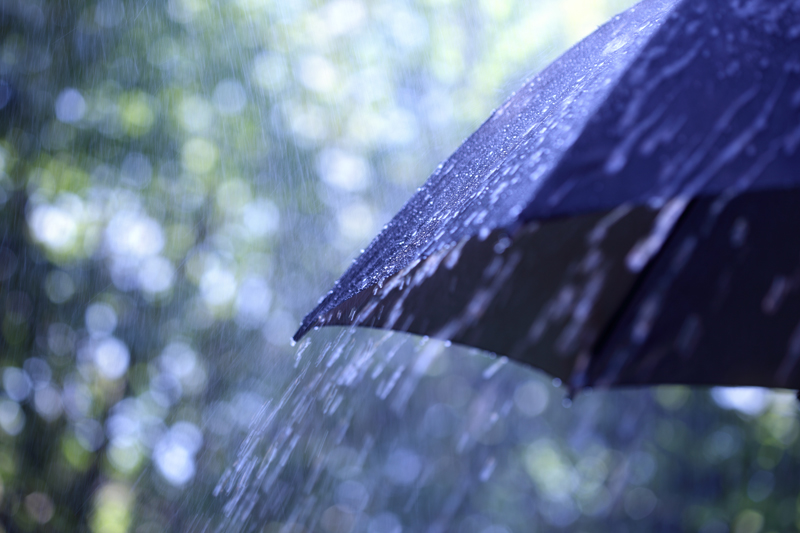Environment Canada says cooler-than-average temperatures on Vancouver Island are expected to continue through May and into June with the La Niña climate.
Environment and Climate Change Canada meteorologist Derek Lee says April and the start of May have been about two degrees cooler than normal. He adds the weather pattern has also brought more rain than average, after having little precipitation in February and March.
“Over the past few months, we did see a very wet spring to start. Especially in April we did get a few records, getting up to historic records,” he said. “The Nanaimo area actually was the wettest April on record so far.”
He added the whole Island is trending for more rain than average and lower temperatures.
BC Hydro says the amount of rain in the Comox Valley last month allowed for the area to recover from the low amounts of rain earlier in the year. April saw 188 per cent of normal rainfall for the area, according to Hydro.
While rainfall has been high, the water levels in the Comox Lake reservoir are lower than normal. However, BC Hydro stakeholder engagement advisor Stephen Watson says this isn’t a concern.
“The Comox Lake Reservoir is currently at 132 metres and that’s below normal for this time of year,” said Watson. “The cooler weather has limited the water inflows into the reservoir during the recent wet period. As the weather warms up the freshet will begin and we plan on having the reservoir full by June.”
The La Niña weather, caused by cooler average temperatures of the sea surface affecting the jet stream, will likely cause the cooler temperatures to last into the early summer.
“June can still be a pretty wet month for the coast, so I would say heading into July and the August months is when we see the heat and the sunny skies return,” said Lee.
He adds, however, that the weather is unpredictable and warmer weather may show up earlier.
Events such as the heat dome a year ago can cause changes in the snowpack and water supply.
However, Lee says Environment Canada can not give an accurate forecast until around 10 days out from the event.




